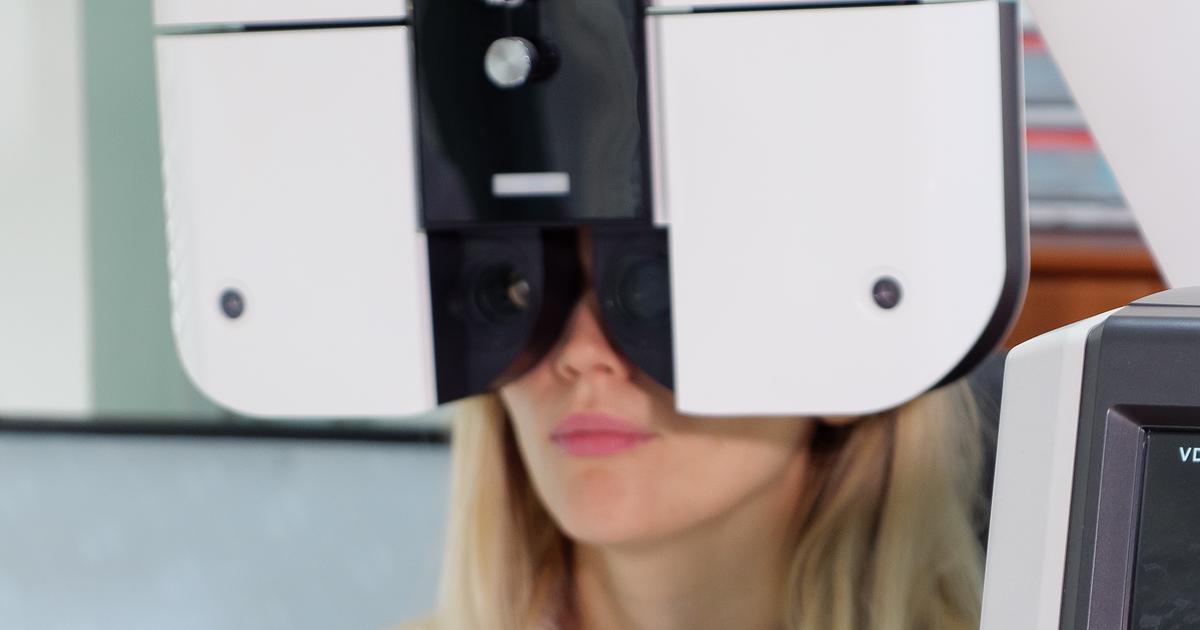Serious Symptoms Of A Prolactinoma
Issues With Vision

A common symptom seen in prolactinomas is issues with vision. Vision problems occur in a prolactinoma that has grown large enough in an upward direction into the brain cavity. The brain cavity above the pituitary gland contains the structures that make up the optic chiasm. Some patients experience loss of their peripheral vision or outer vision, which may be referred to as bitemporal hemianopsia. This malfunction of the optical system causes an affected individual to be able only to see things directly in front of them.
In its beginning stages, a patient may not have any awareness of their peripheral vision loss. While peripheral vision loss is very common for those with large prolactinomas, patients may also experience visual acuity loss or what is otherwise known as blurry vision and dulled colors caused by a foreword directional growth of a prolactinoma.
Galactorrhea

Galactorrhea is the abnormal production of breast milk in women or men who are not breastfeeding. When a healthy woman is pregnant and breastfeeding, their pituitary gland releases a hormone referred to as prolactin to stimulate the production of breastmilk for her baby. A prolactinoma can cause the gland to produce prolactin when the individual is not breastfeeding. When a different type of tumor develops just above the pituitary gland, prolactin secretion can still increase because the stalk of the pituitary gland becomes compressed. This type of tumor is less common in the population than an actual prolactinoma that produces the hormone itself. Because prolactinomas are not recognized in men as quickly as they are in women, these tumors tend to be larger in men at the time of diagnosis.
